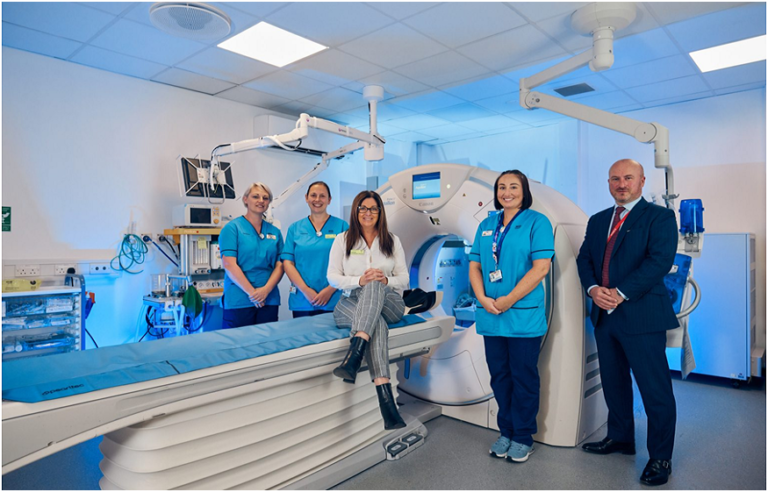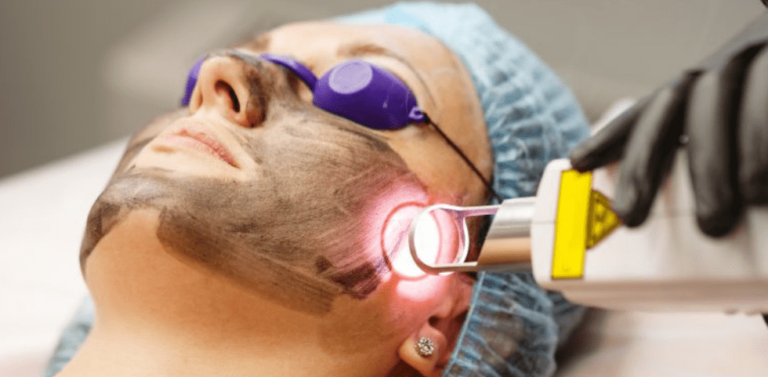
In the intricate battle against radiation-related illnesses, a powerful ally lies not in advanced technology but on our plates. Often underestimated, nutrition emerges as a crucial player in managing these ailments. As science delves deeper into the synergies between what we consume and how our bodies heal, it’s evident that the right dietary choices can become a beacon of hope for those navigating the challenges of radiation-related illnesses. Join us as we unveil the remarkable role of nutrition in this vital journey towards recovery.
Radiation-related illnesses encompass a spectrum of health conditions that arise from ionizing radiation exposure. These can include acute effects, such as radiation sickness and burns, and chronic effects, like an increased risk of cancer and long-term damage to organs and tissues. These illnesses result from the disruptive impact of radiation on the body’s cells and DNA. At UEW Healthcare, you can expect effective management of these conditions. They include a comprehensive approach in which nutrition is pivotal in supporting the body’s resilience, minimizing damage, and aiding the healing process.
Below find the role of nutrition in managing radiation-related illnesses:
Cellular Repair and Antioxidant Defense
Radiation exposure can lead to the production of harmful free radicals that damage cells and DNA. Antioxidants in various foods such as fruits, vegetables, nuts, and whole grains play a crucial role in neutralizing these free radicals. Vitamins like vitamins C and E and minerals like selenium and zinc act as antioxidants. Including these nutrients in the diet supports cellular repair mechanisms and reduces the overall oxidative stress caused by radiation.
Immune System Support
Radiation exposure can weaken the immune system, making the body more susceptible to infections. Adequate protein intake, vitamins A, C, D, and zinc are essential for maintaining immune function. Protein-rich foods like lean meats, legumes, and dairy products provide the building blocks for immune cells, while vitamins and minerals enhance their activity. Probiotics in yogurt and fermented foods support gut health and indirectly boost immune response.
Tissue Regeneration and Wound Healing
Radiation can damage tissues, impairing their ability to regenerate and heal. Protein and certain amino acids are crucial for tissue repair and wound healing. Incorporating lean protein sources, such as fish, poultry, eggs, and tofu, can aid in rebuilding damaged tissues and promoting faster healing of radiation-induced wounds.
Maintaining Nutrient Levels
Radiation-related illnesses can reduce appetite, nausea, vomiting, and diarrhea, resulting in malnutrition and nutrient deficiencies. Focusing on nutrient-dense foods that provide essential vitamins and minerals, even in small quantities, is important. Nutrient-rich foods like smoothies, soups, and fortified cereals can be easier to consume and help prevent deficiencies.
Cancer Risk Reduction
Certain radiation-related illnesses increase the risk of developing cancer in the long term. A diet rich in antioxidants, phytochemicals, and fiber has been linked to a reduced cancer risk. Cruciferous vegetables (broccoli, cauliflower, kale), berries, and foods high in omega-3 fatty acids (fatty fish, flaxseeds) are foods with potential cancer-protective properties.
In managing radiation-related illnesses, personalized dietary strategies are crucial. Consulting a registered dietitian or healthcare professional can help tailor nutritional recommendations to an individual’s needs, considering their medical history, treatment plan, and dietary preferences. By harnessing the power of nutrition, individuals facing radiation-related illnesses can provide their bodies with the optimal support needed for recovery and healing.





